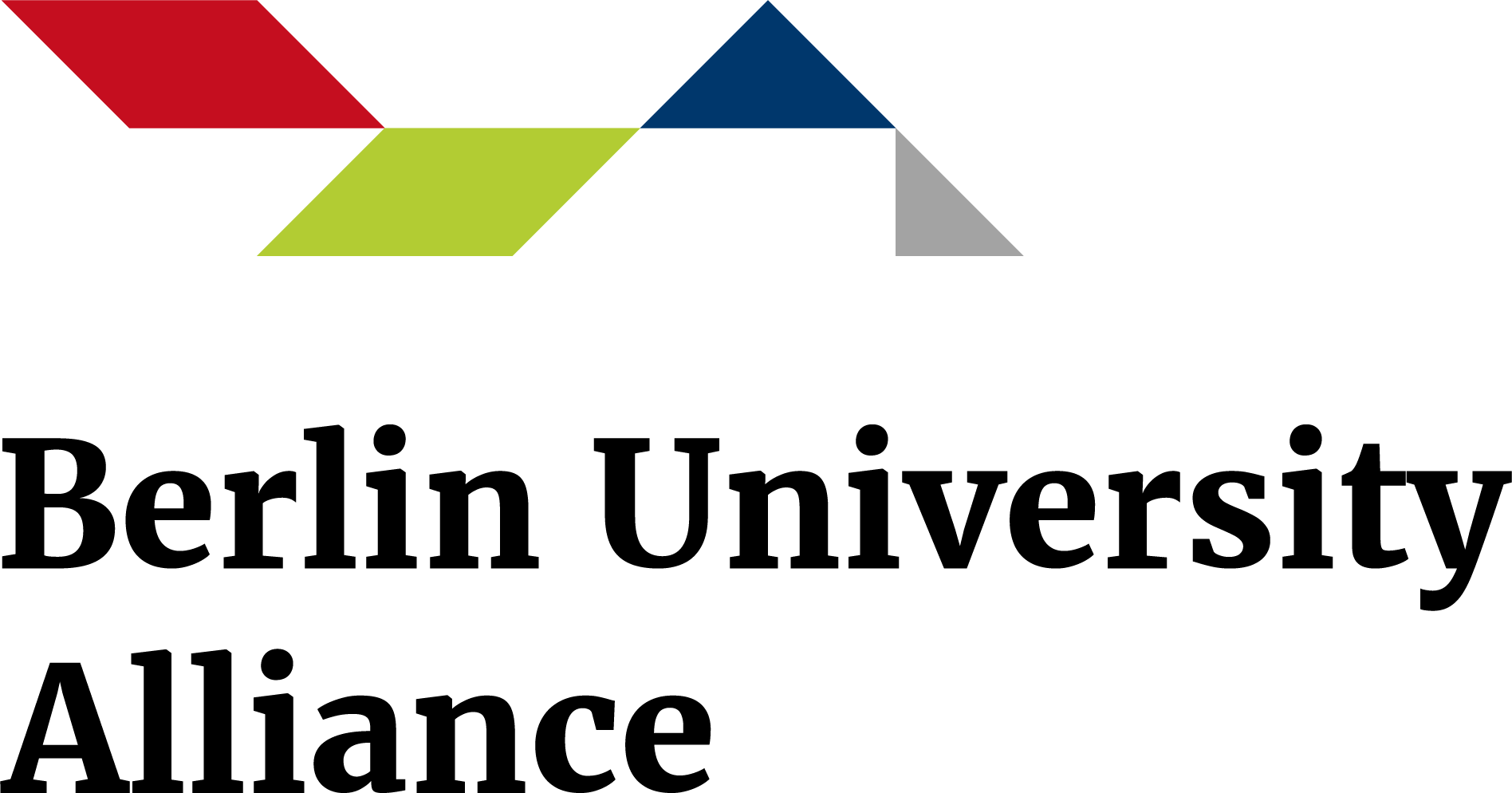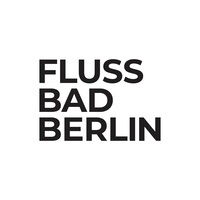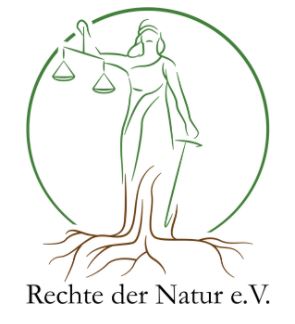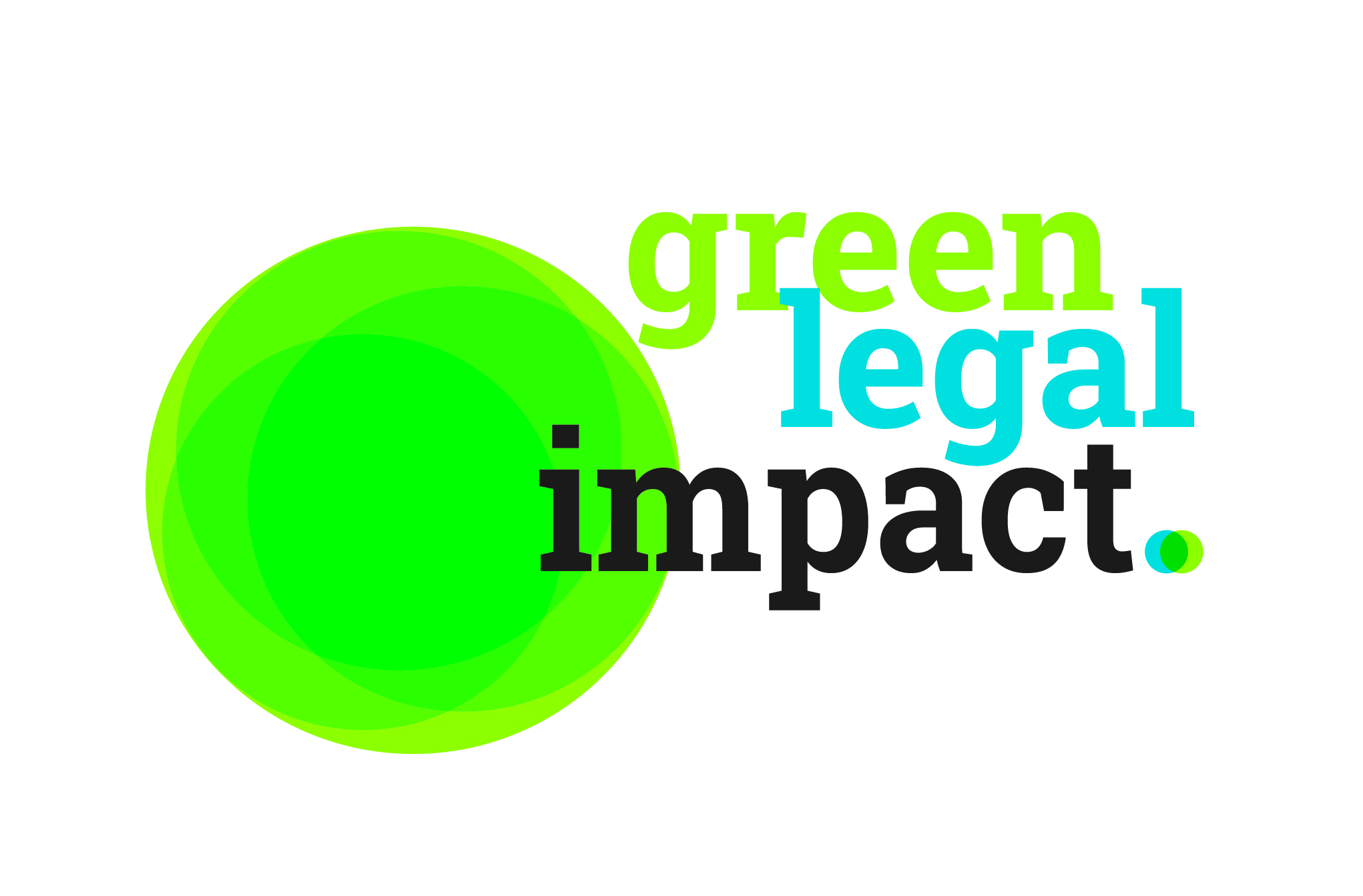The colours of water: Green
{{ time.start_TS | TS2dateFormat('MMM') }}
{{ time.start_TS | TS2dateFormat('YYYY') }}
| free admission |
| 14 years and older |
| German |
| Humboldt Lab, 1st floor |
| Belongs to: On Water |
The opening weekend of the exhibition ‘On Water’ from 9 to 12 October 2025 will focus on the ‘colours of water’. Although water is usually depicted as blue, it actually comes in a wide variety of shades – such as grey, black or red. Many of these colours have specific meanings or serve as technical designations.
Taking up the multicoloured nature of the wet element, the colourful opening weekend will focus on three of these colours and their associations: on Friday on rivers (green water), on Saturday on water in the city (purple water) and on Sunday on drought (brown water).
Green water
‘Green water’ is not green at all, but almost invisible. In science, the term refers to naturally occurring soil and rainwater that is absorbed by plants and evaporates again – an invisible cycle that also feeds rivers and keeps their ecosystems alive. It is precisely this invisibility that is the focus of the day: how can the importance of rivers such as the Spree for social and ecological developments be brought more strongly into public awareness? And what changes when a river is regarded not only as a natural space and resource, but also as an independent legal entity?
Programme
Participants
After several years in the diplomatic service and foreign assignments in Morocco, Turkey, Afghanistan and the USA, Dr Franziska Albrecht completed a master’s degree in environmental and energy law in Kassel. She then worked as a project manager for an EU-funded nature conservation communication project at the Bavarian Academy for Nature Conservation and Landscape Management and completed her doctorate at the Institute for Environmental Law at Johannes Kepler University Linz on the topic of ‘Legal protection of biodiversity from the effects of climate change’. Since 2022, she has been working as an environmental law consultant for the German non-governmental organisation Green Legal Impact Germany e.V. in Berlin.
Julia von Blumenthal, born in Marburg in 1970, has been President of Humboldt University in Berlin since 1 October 2022. From 1989 to 1996, she studied political science, law and Slavic studies (Russian) in Heidelberg and Hamburg. In 2001, Julia von Blumenthal received her doctorate from the University of the Federal Armed Forces in Hamburg (now Helmut Schmidt University) on the topic of ‘Public Officials in Party Democracy,’ and in 2007, the political scientist habilitated. After a visiting fellowship in Canberra, Julia von Blumenthal held a professorship at Leuphana University in Lüneburg before being appointed to Justus Liebig University in Giessen in 2008. Since 2009, she has been Professor of Domestic Politics of the Federal Republic of Germany at the Institute for Social Sciences at Humboldt University. Here, Julia von Blumenthal took over the position of Dean of Studies in 2010, later becoming Dean of the Faculty of Philosophy III. In 2014, she became the founding dean of the Faculty of Cultural, Social and Educational Sciences. Before taking office as President of Humboldt University, Julia von Blumenthal was President of the European University Viadrina Frankfurt (Oder) from 2018 to 2022.
Dr Anna-Lisa Dieter studied literature at universities in Germany, France and the USA, specialising in French literature. She obtained her doctorate with a thesis on the writer Stendhal and has taught at the universities of Munich and Konstanz, among others.
In 2018, she moved to the German Hygiene Museum in Dresden. From 2019 to 2023, she was curator at BIOTOPIA, the new natural history museum in Munich. In addition to her work as a curator, she writes for the arts sections of various newspapers, magazines and publishers. Her latest book, Susan Sontag. 100 Seiten, was published by Reclam in 2022.
Since January 2024, Anna-Lisa Dieter has been a curator at the Humboldt Laboratory at Humboldt University and is responsible for the exhibition “On Water”.
Tim is the author of the Fluss Bad Berlin project (1998), a founding member of the association of the same name, and responsible for the further development of the project. He studied architecture and computer science at the Technical University of Berlin and taught as a visiting professor at the University of the Arts in Bremen from 2005 to 2008.
Together with his brother Jan Edler, he has been working on projects at the interface between art and architecture since 1997 – initially as part of the transdisciplinary artist group ‘Kunst und Technik’ (Art and Technology) they founded, and since 2000 as ‘realities:united, studio for art and architecture’.
Baro Vicenta Ra Gabbert, born in 1997, is a lawyer, author and spokesperson for social and environmental justice at Greenpeace. She completed her law studies with a focus on international and public law as a scholarship holder of the German National Academic Foundation at Bucerius Law School in Hamburg and in Rio de Janeiro. At that time, she founded the Climate Clinic, the first law clinic dedicated to climate and law. Most recently, she was an independent expert for the German government and deputy chair of the Federal Youth Council. SPIEGEL magazine named her one of 100 hopefuls for 2025. Her book “No future is not a solution either”, which she co-authored with Fabian Grischkat, has just been published by Piper Verlag.
Jakob Kukula is an artist and designer from Berlin. In his work, he combines art, ecology and technology to explore new forms of relationship between humans and water. He is the founder of the SpreeBerlin initiative and co-founder of the Symbiotic Lab. With projects such as RiverSync and VedenVire, he develops participatory formats, digital tools and speculative narratives that make rivers visible as active agents and explore new forms of ecological connectedness.
Christian Marx is a postdoctoral researcher at the Leibniz Institute of Freshwater Ecology and Inland Fisheries (IGB) in Berlin. After studying Water Ressource Management in Dresden, he obtained his doctorate from the Technical University of Berlin in 2023 and worked there as a postdoctoral researcher in the department of Hydrology until 2025. He researches the interfaces between artificial waterways and natural systems in urban environments with the aim of improving our understanding of complex ecohydrological processes, flow paths and water quality.
Prof. Dr Hermann E. Ott is a lawyer and consultant for international environmental policy and environmental law. From 2018 to 2024, he was the founder and head of the German office of the international environmental law organisation ClientEarth. From 1994 to 2009 and 2014 to 2018, he worked for the Wuppertal Institute, including as head of the Climate Policy Department (from 1998) and as founder and head of the Berlin office (from 2004). Prior to that, he was a lawyer specialising in environmental and criminal law. As a member of the Bundestag from 2009 to 2013, he was climate policy spokesperson for Bündnis 90/Die Grünen and chairman of the Enquete Commission on ‘Growth, Prosperity and Quality of Life’. He served on the supervisory board of Greenpeace Germany from 2001 to 2007, was deputy chairman of the German Environmental Foundation and was a member of the executive committee of the German Nature Conservation Union from 2016 to 2021. Since 2016, he has been teaching as an honorary professor at the Eberswalde University for Sustainable Development (HNEE).
Gerhard Scholtz’s main research interests are the morphology, ontogenesis and evolution of arthropods, especially crabs. His research has taken him to Australia, America and New Zealand, among other places. From 1995 to 2020, he was Professor of Comparative Zoology and Head of the Zoological Teaching Collection at Humboldt University. He was Principal Investigator at the interdisciplinary Cluster of Excellence Image Knowledge Design and (co-)curated exhibitions at the interface of nature and culture. He is the editor of several books and journals. He is currently working on the cultural history of crabs.
Emmanuel Schlichter, LL.M. (Kent), is earned his law degree at LMU Munich and earned a master’s degree in international political economy from the University of Kent. He uses his legal expertise in diverse and innovative ways to advance systemic and sustainable transformation. As founder of Rechte der Natur e.V. (Rights of Nature), he is working to enshrine the rights of nature in European law. With the ‘Rights of the Spree’ project, he is also pursuing a concrete example of how the rights of ecosystems can be legally recognised and become socially effective in Germany.
Dr Camille de Toledo lives in Berlin. He is a writer, artist, thinker and activist for the rights of nature. He holds a degree in political science (Institut d’Etudes politiques de Paris and London School of Economics) and a doctorate in comparative literature (Université de Paris / Paris VII). He is an associate researcher at the Institute for Advanced Studies, where he is working on a transdisciplinary research programme on the rights of nature. He is currently an associate artist at the Vidy Theatre in Lausanne (Switzerland), an associate researcher at the Käte Hamburger-CURE Institute in Saarbrücken (Germany), an associate artist for the project ‘The Internationale of Rivers’ for the European Capital of Culture BOURGES 2028, and an associate researcher for the ‘Parliament of the Paraná River’ in Argentina (Institut des Litoral, University of Santa Fe).
Daniel Tyradellis is a philosopher and curator of numerous exhibitions, including for the German Hygiene Museum in Dresden, the Deichtorhallen Hamburg, and the KW Institute for Contemporary Art in Berlin. Since 2021, he has held the Humboldt Forum Endowed Chair for the Theory and Practice of Interdisciplinary Curating at Humboldt University, funded by the Federal Government Commissioner for Culture and the Media.
Rasa Weber is an experimental designer, academic and diver who conducts practice-oriented research at the intersection of critical ecology and anthropogenic environmental change. Her work combines design, biology and anthropology. The ocean is at the centre of her design research, particularly in relation to queer ecological concepts. She is a lecturer and researcher at Zurich University of the Arts (ZHdK) and is pursuing a practice-based PhD on the topic of ‘SymbiOcean’, investigating artificial reefs and the creation of marine habitats as a form of sympoietic design. She is part of the ‘Interfacing the Ocean’ project (ZHdK) funded by the Swiss National Science Foundation and is an associate researcher at the ‘Matters of Activity’ cluster of excellence at Humboldt University in Berlin. Info: rasaweber.com
Partners



